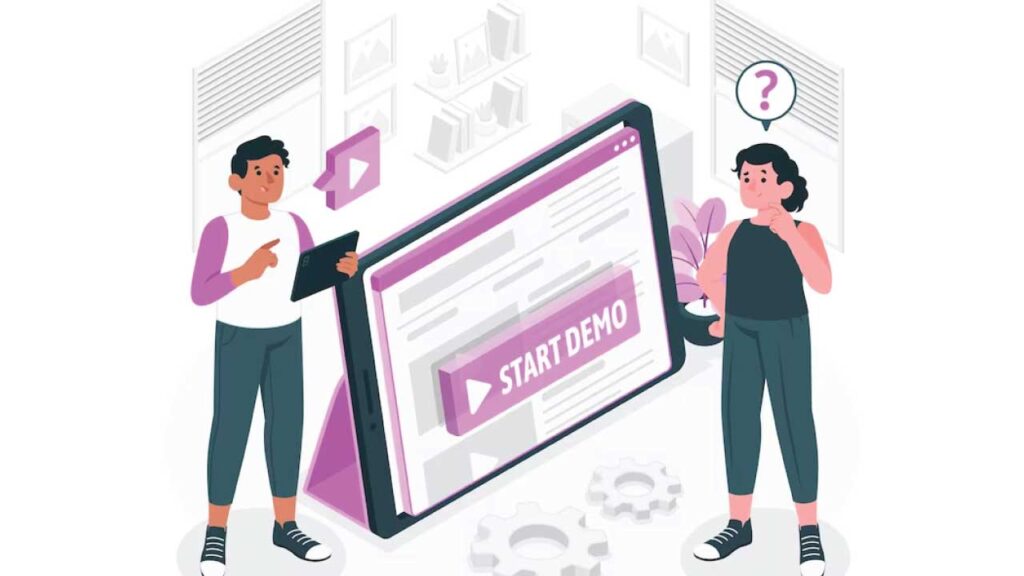Are you excited about communicating your ideas, demonstrating mastery of a subject, or turning your interest into a paying career? Beginning a blog is a rewarding undertaking for some people. Now that .blog domains are available, you can start your blogging journey with a unique and easy-to-remember web address. We’ll take your idea for a blog and turn it into an actual, functioning website with the help of our step-by-step guide.

Step 1: Define Your Niche and Audience
Every great blog starts with a clear niche and a target audience. Identify what you’re passionate about or knowledgeable about and consider who will benefit from your content. Whether it’s travel, food, technology, or lifestyle, align your interests with your audience’s needs.

Step 2: Choose a Memorable Domain Name
Your domain name is the digital address of your blog, so choose wisely. A .blog domain is an excellent choice as it instantly communicates your blogging intent. Brainstorm creative, memorable, and easy-to-spell names that reflect your niche and resonate with your audience.

Step 3: Select a Reliable Domain Registrar
Choose a reputable domain registrar like WebNIC to register your .blog domain. Look for competitive pricing, easy-to-use interfaces, reliable customer support, and a wide range of domain extensions. A trusted registrar will ensure a smooth and secure domain registration process.

Step 4: Register Your .blog Domain
Head to the chosen domain registrar’s website and search for your desired .blog domain name. If available, proceed with the registration. If you need more time, get creative with variations that maintain the essence of your chosen word. Complete the registration by following the on-screen instructions.

Step 5: Set Up Hosting and Platform
Choose a blogging platform (such as WordPress, Blogger, or Squarespace) and a hosting service that suits your requirements and fits your financial constraints. The vast majority of venues have user-friendly setups, which enable you to select themes and personalise the appearance of your blog.

Step 6: Customize Your Blog
Make your blog more unique by selecting an eye-catching theme and customising elements such as the colours, fonts, and layouts. Create an “About Me” page, including connections to your social media accounts, and establish categories pertinent to your chosen area.

Step 7: Craft Engaging Content
Get started on producing content that is captivating and will resonate with your target audience. Blog entries should be educational, entertaining, and well-structured, highlighting the author’s knowledge and passion. Because consistency is of the utmost importance, you should establish a consistent posting schedule.

Step 8: Promote Your Blog
You can increase traffic to your blog by networking with other people, promoting it on social media, and sending out email newsletters. To broaden your reach and increase your readership, cultivate a relationship with your current audience and participate in online forums pertinent to your field.

Step 9: Optimize for SEO
You may optimise your blog for search engines (SEO) by utilising keywords related to your content, developing quality backlinks, and ensuring that your website is quick and easy to use. Your blog’s visibility on the pages of search engine results can be improved with the help of SEO.

Step 10: Engage and Evolve
Respond to the questions and concerns raised by your audience to establish rapport with them. Pay attention to the metrics to see which material is most successful. Maintain consistent development by continually honing your content strategy and keeping abreast of products in your sector.
Congratulations to you! You’ve done an excellent job putting your blogging concept into action by creating a functional website. Embrace the adventure of using your one-of-a-kind .blog domain to share your interests, expertise, and creative output with the world. I hope you like blogging!

